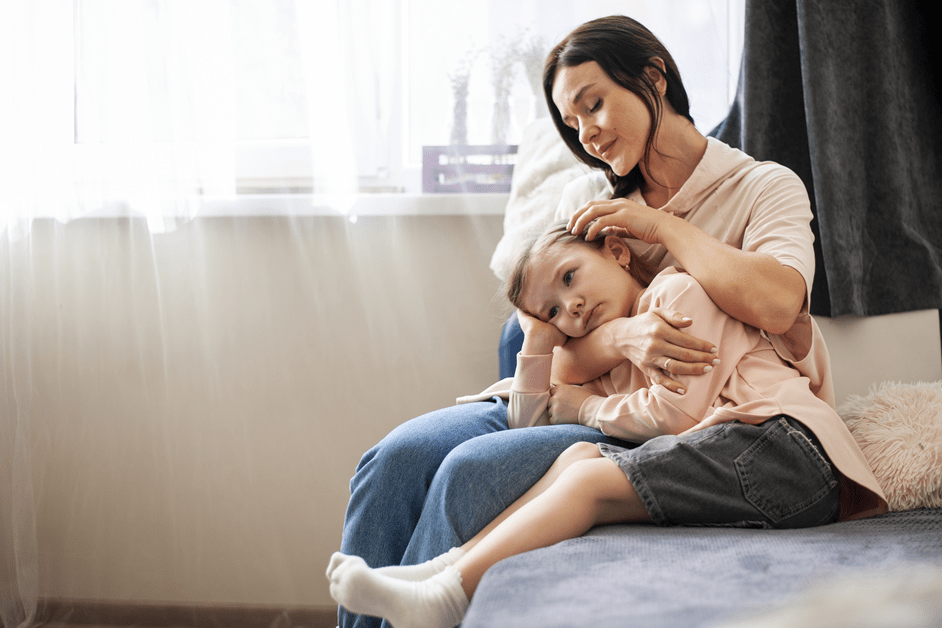While most children show signs of being ready for potty training between the ages of 18 and 24 months, others might take longer. However, there's no rush. With a bit of patience, a lot of support, and the right approach, you can help your child make the transition from diapers to the potty with ease.
Why should you start potty training your little one?
Starting early can help your child become more independent and mature, while also providing a great opportunity for you and your child to bond. Potty training can help your child develop other skills and gives them a sense of control over their own bodies, as they learn to recognize and communicate when they need to use the restroom. This can in turn save you time and energy from changing diapers, worrying about accidents while giving you some much-needed time off from diaper duty as well!
When to start potty training?
Potty training is an important milestone as it helps your little one transition from using diapers to using the toilet. Here are some things to consider when deciding when to start potty training:
Is your child ready for potty training?
Before you start potty training your child, it's important to make sure that they are physically and emotionally ready. Here are some signs that indicate that your child is ready for potty training:
Did you know that starting too early can actually prolong the process of potty training?
- Age: Children typically start potty training between 18 and 24 months of age, but every child is different.
- Signs of readiness: Look for signs that your child is ready, such as staying dry for longer periods, showing interest in the toilet, and communicating their needs.
- Family schedule: Consider your family's schedule and routines, as it may be easier to start potty training when you have more time and less stress.
- Patience and consistency: Potty training can take time and patience, so it's important to be consistent with your child's routine and provide positive reinforcement.
Is your child ready for potty training?
Before you start potty training your child, it's important to make sure that they are physically and emotionally ready. Here are some signs that indicate that your child is ready for potty training:
- They can communicate their needs: If your child is able to communicate when they need to go to the bathroom or have already gone, it's a sign that they are ready for potty training.
- They show interest in using the potty: If your child shows an interest in the bathroom habits of others or wants to use the potty themselves, it's a sign that they are ready for potty training.
- They can follow simple instructions: If your child is able to follow simple instructions, like "sit down" or "stand up", it's a sign that they are ready for potty training.
- They can stay dry for a few hours: If your child is able to stay dry for a few hours at a time, it's a sign that they are ready for potty training.
Did you know that starting too early can actually prolong the process of potty training?
How to potty train your baby?
If you believe your child is ready to start potty training, the next step is to determine which approach is the most suitable for your family. There is no single, definitive method of potty training, and each approach has its own set of benefits and drawbacks. Let’s view some of the most effective potty training methods;
Though each method has its own advantages and disadvantages, it's important to consider your child's personality and your family's lifestyle before deciding on a method.
- Infant potty training: This involves teaching your baby from birth to use the toilet, with the help of cues and signals.
- Child-oriented potty training: This involves following your child's cues and readiness, and allowing them to take the lead in the process.
- 3-day potty training: This involves intensive training over a 3-day period, where the child is taught to use the potty consistently.
- Adult-led potty training: This involves setting a schedule and routine for the child to follow, regardless of their readiness or cues.
Potty training can be a daunting task, but with the right tools and mindset, it can also be a smooth and rewarding experience. Through patience, understanding, selecting a method that works for your child and you, and using positive reinforcement techniques, you can be on your way to successfully potty training your child. Remember, every child is unique, and the potty training process may take longer for some than others.
Kindersteps is a free parenting app with daily milestone-based recommended activities, blogs, parenting tips, and crucial information to support the development of children between the ages of 0-5. Join thousands of parents and caregivers worldwide by giving your child a head start with an app that helps you cater to their unique needs.

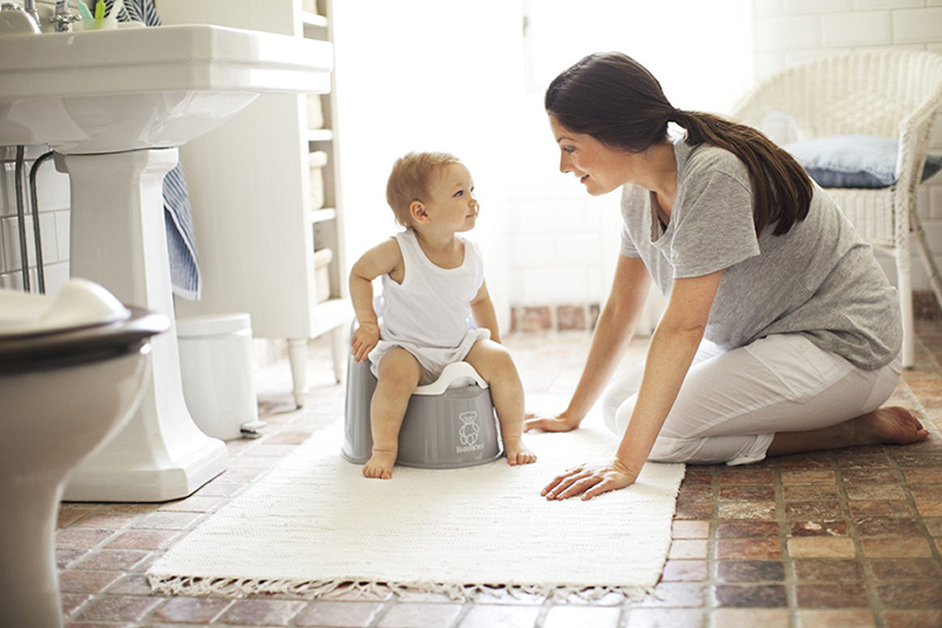
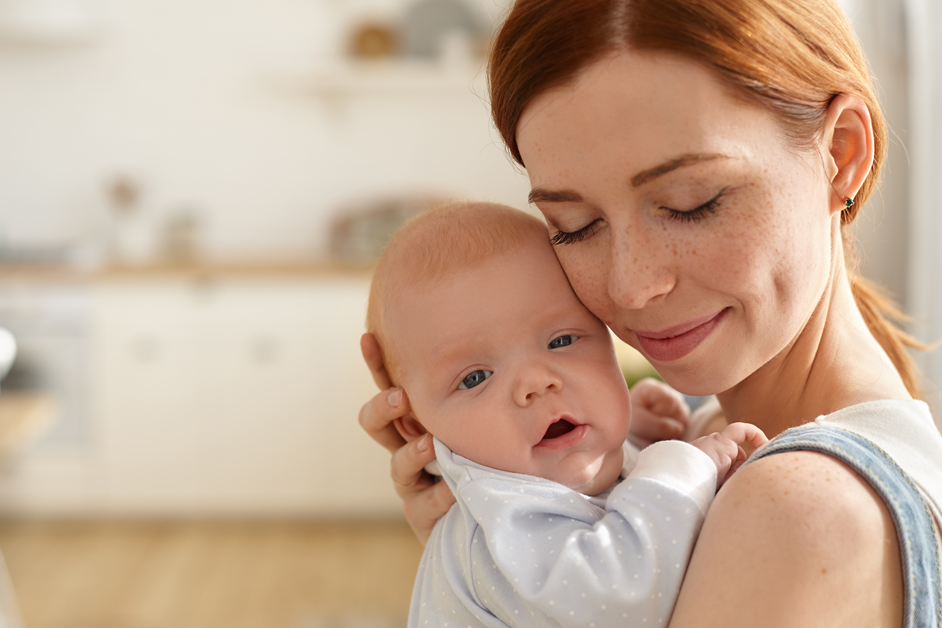

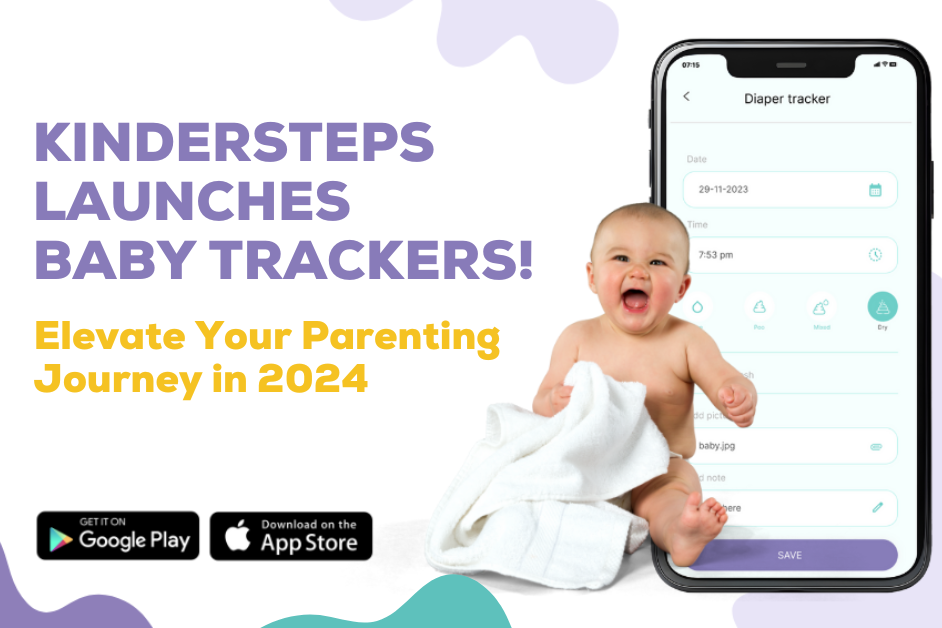
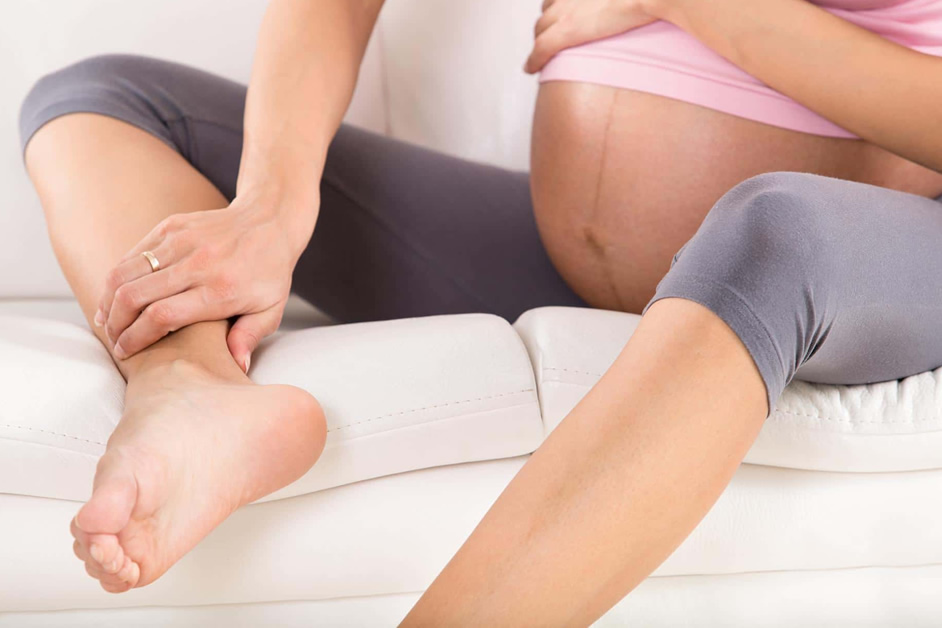
.jpg?alt=media&token=166b64a9-274c-400c-95e4-baf0013e7e43)
